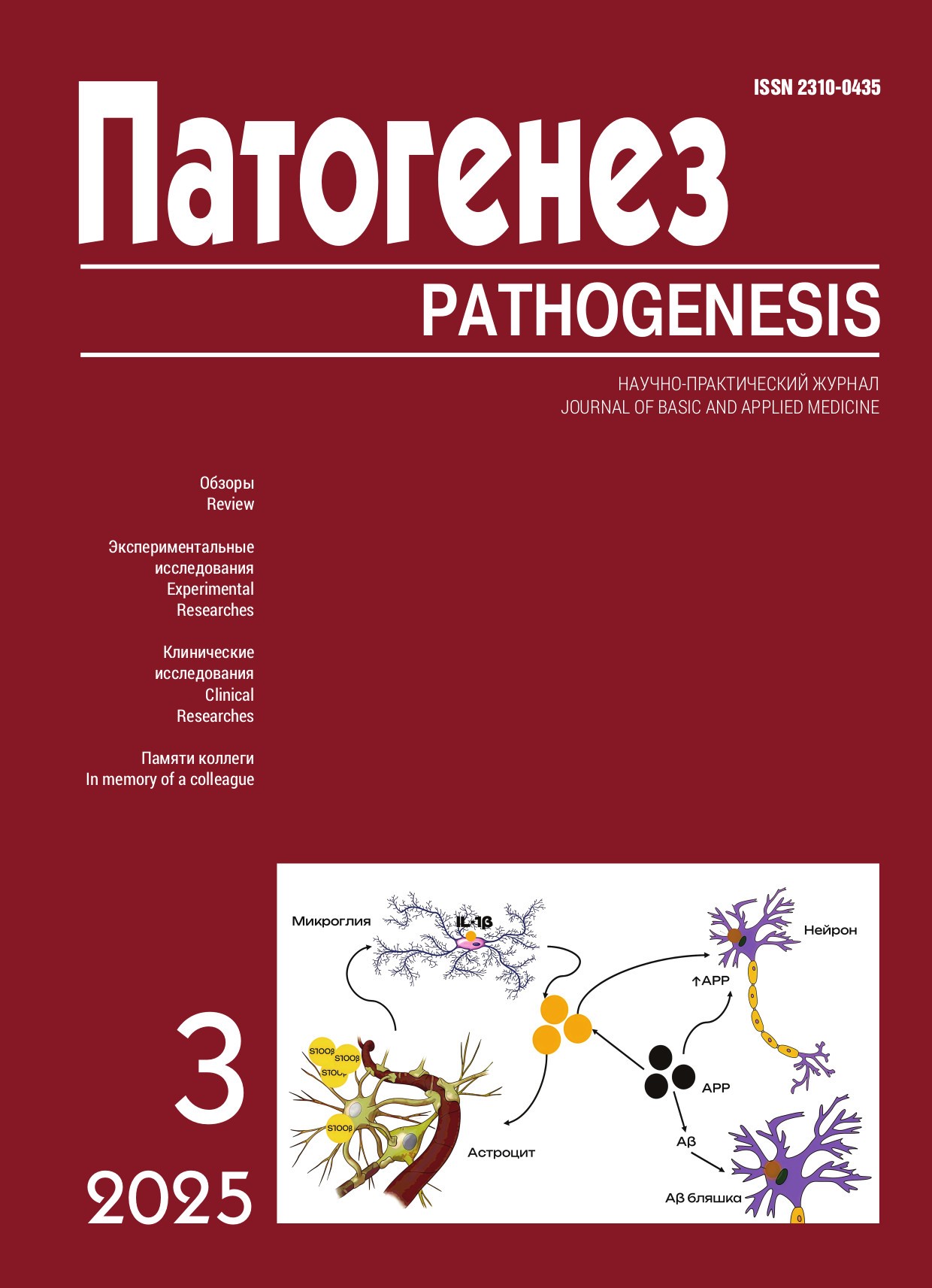Prognostic role of human papillomavirus on survival outcomes of patients with squamous cell carcinoma of the vulva
Abstract
Understanding the role of human papillomavirus (HPV) in the pathogenesis of squamous cell carcinoma of the vulva and its use as a prognostic factor is of interest due to the contradictory data in the literature. Establishing the HPV status in cancer of this localization can be an additional factor in planning treatment and the strategy of observation after it, as it was shown in oropharyngeal carcinomas.
The purpose of this work was retrospective analysis of overall and disease-specific survival rates of patients with HPV-associated and HPV-independent vulvar carcinoma with an assessment of changes in the risks of death depending on the influence of individual factors.
Materials and methods. Based on the results of immunohistochemical (evaluation of p16 and p53 expression) and PCR studies of HPV DNA detection of 16 genotypes, groups of patients with HPV-associated and HPV-independent vulvar tumors were retrospectively formed. Data on staging, treatment, and postoperative follow-up were obtained from medical records. The two-year overall and disease-specific survival function of patients was assessed using the Kaplan-Meier method. Patient survival was analyzed using the Cox regression method.
Results. The incidence of HPV-associated vulvar carcinoma was 28.4% (n = 21), HPV-independent carcinoma was detected in 53 cases (71.6%). The two-year overall (84%) and disease-specific (89.5%) survival rates in patients with HPV-associated vulvar carcinoma were statistically significantly higher compared to the survival rates of those examined with HPV-independent cancer (41.3% and 44.6%, respectively). HPV-independent tumor status was a statistically significant predictor of a worse prognosis.
Conclusion. The overall and disease-specific morbidity rates are statistically higher in the group of patients with vulvar tumors associated with the human papillomavirus. The risk of death is higher in HPV-independent carcinogenesis. The presence of viral DNA in the material of an HPV-independent tumor is associated with increased survival rates.




